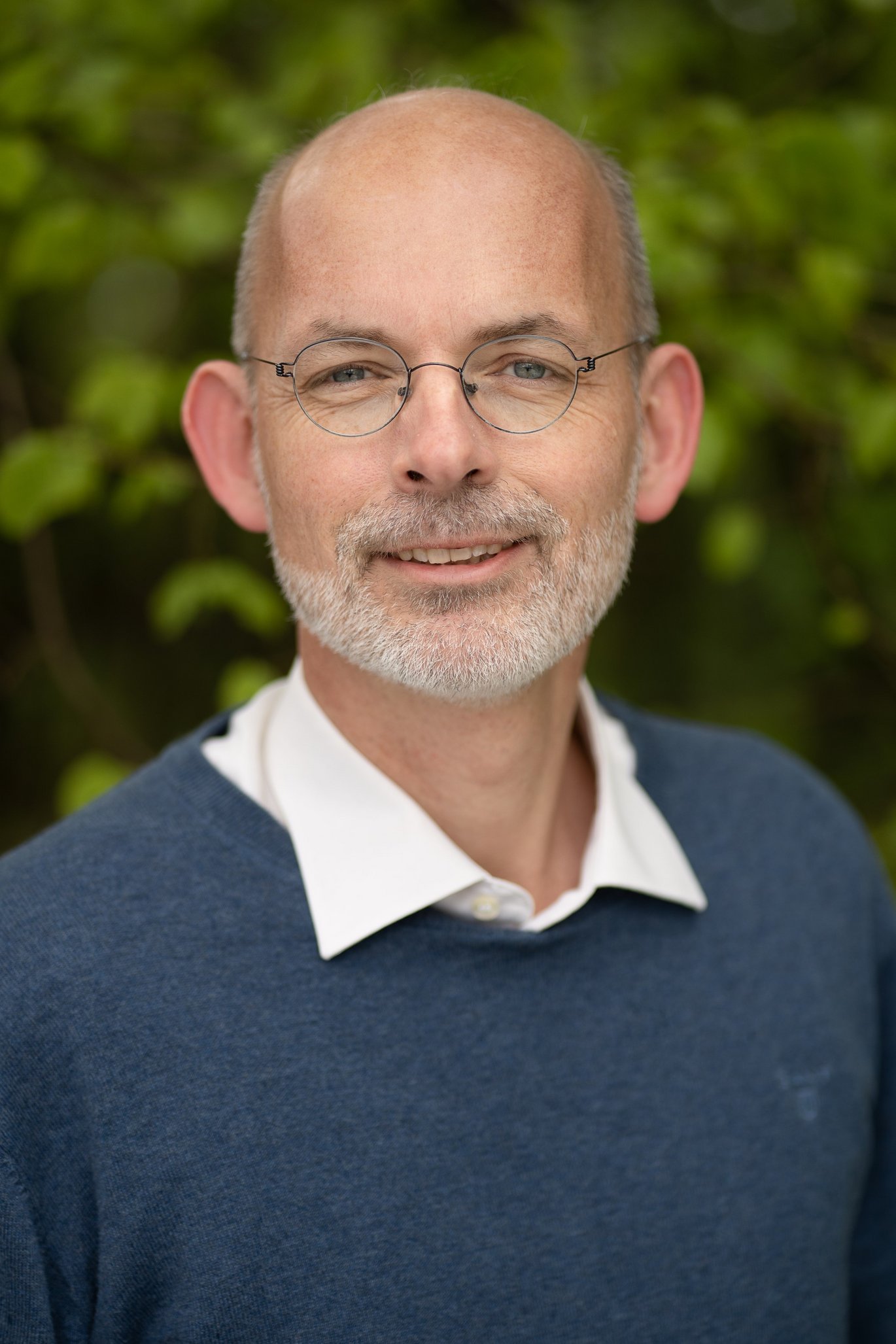New Center of Excellence to ensure the survival of the planet
Warmer temperatures, increased globalisation and more people are putting pressure on Earth's biodiversity and ecosystems. This means that many of the planet's species are threatened by extinction, and ecosystems are at risk of collapsing. Future generations will also experience extreme climate change and living conditions. A new centre at Aarhus University will now prevent things from going that badly.

Animal species that disappear or spread to completely new continents, plants that are forced higher and higher up mountains to thrive, forests that are felled, and people exposed to extreme heat waves. Human activity has created unparalleled environmental conditions, and this will put pressure on living conditions for people, animals and plants if a solution is not found. Professor Jens-Christian Svenning wants to find this solution, and he has just been selected to negotiate a contract with the Danish National Research Foundation on the establishment of the Center for Ecological Dynamics in a Novel Biosphere (ECONOVO).
"Basically, the centre's research is about ensuring that we have a planet worth living on in the future. Both for people and for life on Earth in general," says Jens-Christian Svenning.
The key to a better future: Plants, horses and reindeer
Climate models predict an extreme future for the planet if developments are not stopped. Wooded areas will die, species will become extinct and life on Earth will have to get used to increasingly warmer temperatures. Right now, we are experiencing warmer temperatures than in the previous 100,000 years. At the same time, globalisation is accelerating the spread of species between continents, and many ecosystems are simplified through unsustainable exploitation of key species. Researchers at ECONOVO will investigate solutions to reduce negative impacts of the major changes that the Earth's climate and ecosystems are undergoing.
"If we continue the downward direction, we’ll lose more and more biodiversity and our ecosystems will be increasingly damaged. But we believe that we can turn developments to provide good living conditions for both people and biodiversity in the future. It's not too late," Jens-Christian Svenning stresses.
The aim of ECONOVO is to understand how it is possible to promote a high level of biodiversity and robust ecosystems with positive climate impacts on a warmer, globalised planet and thereby contribute to a future biosphere with good living conditions for both people and for life on the planet. Researchers will study this through a combination of studies of both current and past ecosystems, Big Data and field studies with focus on nature restoration projects in Europe and South Africa, genome studies of climate adaptation in key species and global ecosystem models. The researchers will test how ecosystems can be optimised in the new framework, with focus on biodiversity, climate impacts and resilience to climate stresses.
"Climate change is a huge risk for people and biodiversity. In order to avoid a major disaster, we must reduce greenhouse gas emissions, but it’s also crucial to promote robust ecosystems of high value for biodiversity and with great positive climate impact, not least through long-lasting, stable carbon accumulation," says the professor.
Ahead of developments
The Danish National Research Foundation has invited 11 Danish researchers to negotiate contracts on new research centres. The foundation believes that the new centres will become international beacons in Danish research, and that they will provide ground-breaking results.
"The applicants represent very different research areas, and they’ve all proven that they’re are able to think outside the box and stay ahead of developments. They’re without a doubt frontrunners within their field," says Søren-Peter Olesen, who is the CEO of the Danish National Research Foundation.
The foundation is ready to support ECONOVO and Jens-Christian Svenning with DKK 59,998,000, and the new centre will be established for a six-year period.
"It's fantastic, I'm delighted. It’s absolutely crucial for our research, because it will give us a lot of freedom to research aspects we think are important, so I'm very pleased," says Jens-Christian Svenning with a smile.
Key participants in the Center for Ecological Dynamics in a Novel Biosphere (ECONOVO)
Professor Jens-Christian Svenning, Department of Biology, Aarhus University
Professor Felix Riede, School of Culture and Society, Aarhus University
Professor Michael M. Hansen, Department of Biology, Aarhus University
Associate Professor Trine K. Nielsen, School of Culture and Society, Aarhus University
Assistant Professor Alejandro Ordonez, Department of Biology, Aarhus University
Assistant Professor Elizabeth Le Roux, Department of Biology, Aarhus University
Assistant Professor Robert Buitenwerf, Department of Biology, Aarhus University
